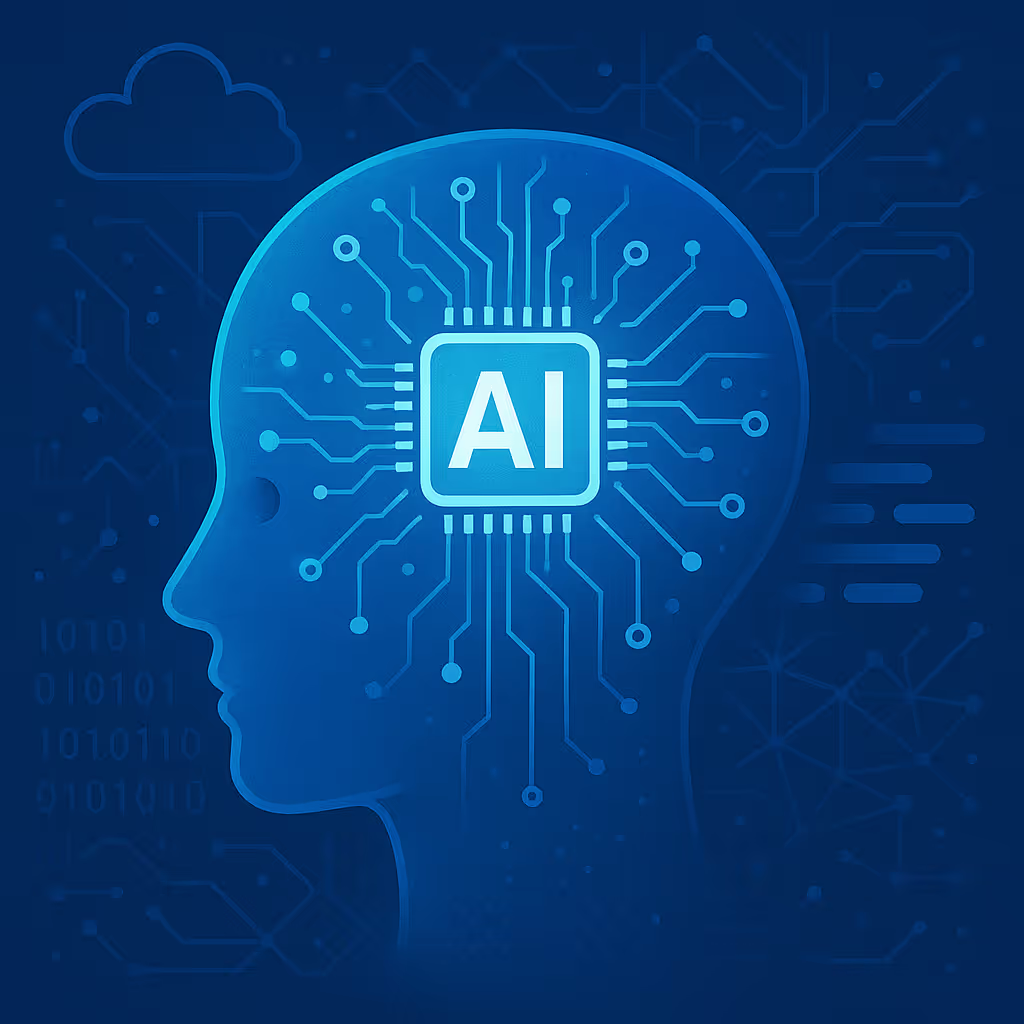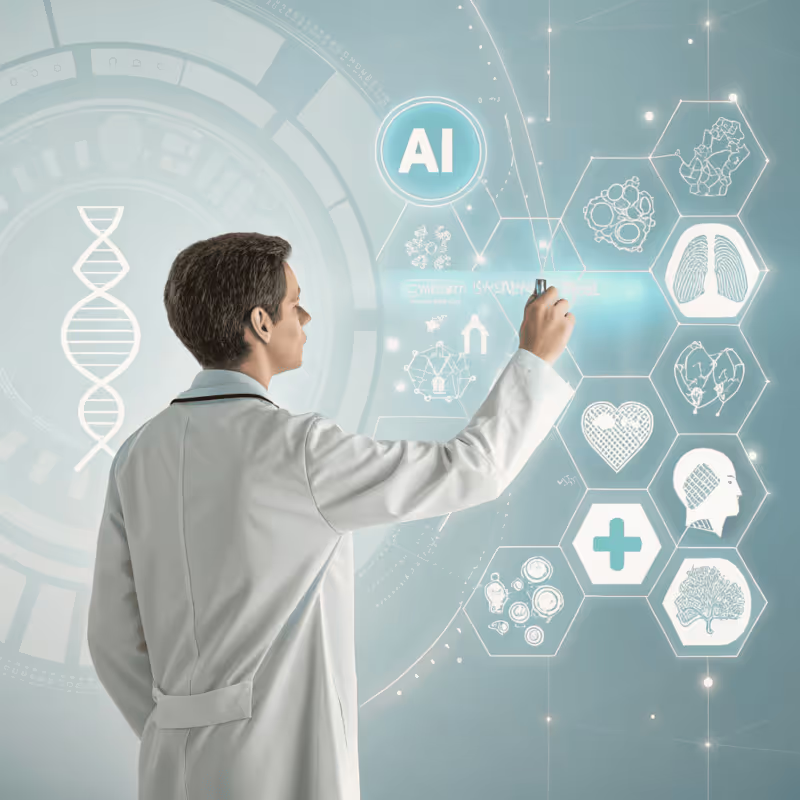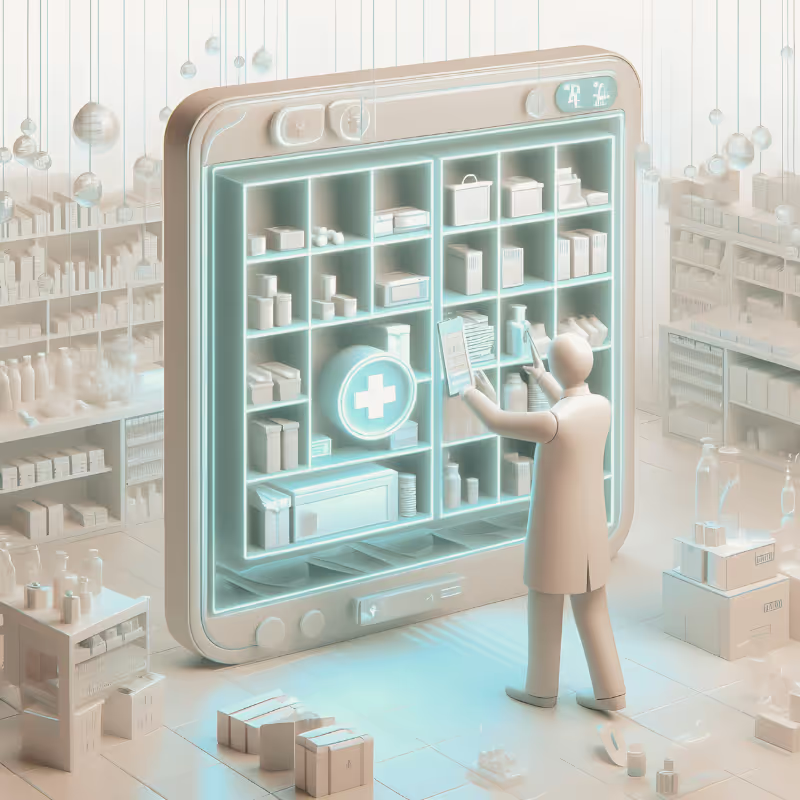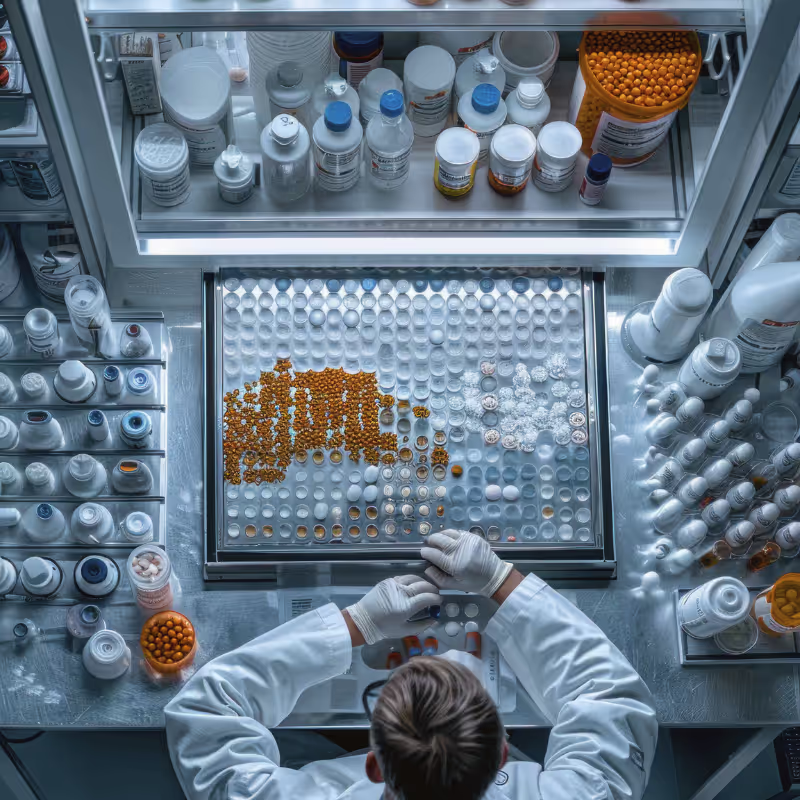Generative AI: The Missing Piece in Your Life Sciences Document Search Efficiency Puzzle
Discover how Gen AI is revolutionizing Document Search Efficiency. Generative AI is revolutionizing document search across a broad spectrum of sectors within the life sciences, enhancing the capabilities of professionals not only in academic research but also in clinical trials, drug discovery, and regulatory compliance.
In the dynamic field of life sciences, where diverse stakeholders contribute to advancements, efficiently managing an ever-growing volume of documentation is crucial. This challenge spans across various sectors within the industry, each facing unique hurdles in document search and retrieval. As publications and reports proliferate, locating and accessing relevant documents becomes increasingly critical, not just for researchers, but for professionals across the entire value chain.
According to a study by the International Data Corporation (IDC), the life sciences sector is expected to experience one of the fastest data growth rates across industries, with a compound annual growth rate (CAGR) of 8.8% through 2027. This rapid expansion affects various fields within life sciences, each encountering unique challenges in document search and retrieval. As the volume of scientific publications and reports continues to increase, efficiently locating and accessing relevant documents becomes increasingly critical for advancing research and development
Fact: “The amount of data generated in genomics alone doubles approximately every 7 months”
The Limitations of Traditional Document Search
Researchers often find themselves overwhelmed by the vast data provided by foundational search engines like PubMed Central, Google Scholar, and Scopus. While invaluable, these tools are limited by keyword-based searches that may fail to capture the full context of inquiries. The result? Either an overwhelming array of broad results or a frustrating scarcity of relevant data, potentially overlooking crucial insights hidden within unrelated studies.
“According to a publication from MDPI, Researchers are involved in extensive reading activities to stay updated with their field. The study reveals that researchers read nearly 20 articles per month on average”
In the bustling world of academic research, a common scene unfolds daily researchers laboriously combing through vast digital archives, hunting for the precise data that could spark the next big breakthrough. Traditional document search tools, the backbone of this quest, often fall short. These tools, relying heavily on keyword-based searches, struggle to grasp the context and complexities of advanced queries, leading to an overwhelming influx of broad or irrelevant results.
Consider the plight of researchers in fields like “neurodegenerative” diseases. A search for specific terms might overlook critical studies because the search terms used did not exactly match the keywords in relevant documents. This keyword dependency can cause significant oversight, such as missing out on vital research about 'cognitive decline' when the search is narrowly focused on 'neurodegenerative diseases.'
The inefficiencies of traditional search methods are not just a minor inconvenience; they have profound implications.
“Research indicates that scholars waste up to 25% of their work hours sifting through literature, much of which turns out to be irrelevant to their immediate needs”
This inefficiency not only slows down the pace of research but also has economic repercussions, especially in fast-paced sectors like pharmaceuticals, where the speed of research and development is directly tied to market success.
Moreover, the deluge of information continues to grow, with scientific publications doubling approximately every nine years. This exponential growth exacerbates the challenges of traditional search tools, which are often ill-equipped to handle the sheer volume of data efficiently.
These tools also tend to be static, lacking the dynamic updating necessary to keep pace with rapid advancements in various fields. This delay can result in significant knowledge gaps and missed opportunities for innovation.
Furthermore, another study elaborated that scientists may spend around 23% of their total work time engaged in reading scientific papers, indicating a substantial commitment to staying updated with relevant research.
The Future of Document Search in Life Sciences
What is Generative AI:
Generative AI is already recognized as a pivotal tool in the digital & cloud world. Generative AI stands out as a transformative force, especially in its capacity to model and predict complex patterns within large data sets. This technology not only enhances predictive capabilities but also innovates the approach to problem-solving across various industries. By generating high-quality synthetic data and offering deep insights, Generative AI supports refined decision-making processes and accelerates development cycles, marking a significant shift in how data-driven strategies are implemented in practice.
Generative AI + Document Search
As the field of life sciences continues to evolve, the integration of generative AI into document search and management represents a significant leap forward. This advanced technology offers researchers a more efficient and effective way to handle vast amounts of data.
Generative AI document search reflects a broader trend of leveraging AI and machine learning in scientific research. By automating routine tasks, enhancing data retrieval, and facilitating collaboration, this technology enables researchers to focus on what truly matters: driving innovation and advancing scientific knowledge.
”Surveys among academics and researchers commonly reveal frustrations with the accuracy and relevance of search results. Traditional keyword-based search engines often return many irrelevant results, forcing researchers to sift through large amounts of data manually”
Generative AI is revolutionizing document search across a broad spectrum of sectors within the life sciences, enhancing the capabilities of professionals not only in academic research but also in clinical trials, drug discovery, and regulatory compliance.
1. Academic Research
In academic settings, generative AI improves the way researchers analyze and synthesize extensive scientific publications and data. This helps researchers quickly discover new connections and insights, significantly speeding up their research processes and improving the quality of their findings.
2. Clinical Trials
For those managing clinical trials, generative AI offers advanced tools for extracting relevant data from clinical study reports, patient records, and previous trials. This helps ensure that new trials are well-informed by past research, improving the chances of success and safety.
3. Drug Discovery
In the field of drug discovery, generative AI speeds up the process of finding potential drug targets and refining drug candidates. It analyzes vast amounts of data on drug effects and side effects to predict the success rates of new drugs, reducing the time and cost associated with their development.
4. Regulatory Compliance
Regulatory professionals benefit from generative AI through more efficient management of essential documents. AI tools quickly sort through extensive regulatory guidelines and compliance documents, enabling faster and more accurate regulatory submissions.
Introducing Agilisium's Insights Generation Solution
Gen AI-Powered Document Search for Life Sciences. Transform your document management with powerful search, summarization, and knowledge retrieval capabilities.
Our solution efficiently understands context and offers audio playback, presenting a systematic and secure solution for managing document resources. This system ensures compliance and robust data protection. By significantly curtailing the time needed for document retrieval, Doc Sonar empowers your team to concentrate on critical tasks, thereby enhancing the accuracy of decision-making. It is ideally suited for managing a wide array of documents such as pharma files, disease or compound-specific data, clinical trial reports, regulatory dossiers, pharmacovigilance reports, medical inquiries, market research reports, and competitive intelligence documents.
“Agilisium's Insights Generation Solution can enhance every stage of the Drug Discovery and Development process”
Key Benefits of Insights Generation for Document Search
Efficient Information Retrieval
Agilsium's Insights Generation solution's advanced search capabilities revolutionize how researchers access information. The tool offers multiple search options, including keyword search, full-text search, and metadata filtering. This multi-faceted search capability has reduced document retrieval times by 40% - 70%, allowing researchers to spend more time on critical analysis and less on data gathering
Enhanced Decision-Making
Agilsium's Insights Generation solution transforms the landscape of decision-making process by automating document retrieval and synthesizing information from multiple sources with a remarkable 92% accuracy rate. This high level of precision ensures that researchers in pharmaceutical R&D receive the most relevant and reliable data, reducing decision-making timelines by as much as 30%. This efficiency allows for faster progression through critical research phases, significantly accelerating the development pipeline and bringing essential medical innovations to market quicker.
Compliance and Data Protection
In the life sciences sector, maintaining data security and ensuring regulatory compliance are critical concerns, and Doc Sonar is designed to address these issues with top-tier protection and adherence to industry standards. Agilsium's Insights Generation solution is compliant with GMP standards reduces the risk of regulatory delays & streamlining the approval process for new drugs and therapies.
Increased Productivity
The automation of routine document management tasks offered by Agilsium's Insights Generation solution leads to a significant increase in productivity. Productivity in document-heavy tasks has been shown to increase by over 50% with AI integration, freeing up valuable time for research and innovation.
Enhanced Federal Representative Productivity
Agilsium's Insights Generation agent significantly enhances federal representative productivity by optimizing their workflow and reducing the time spent on document-related tasks. By automating complex compliance processes, our solution has been proven to improve federal operational efficiency by up to 70%. This allows federal representatives to focus more effectively on policy implementation and regulatory enforcement, thus enhancing overall healthcare administration.
Conclusion: Streamline and Accelerate with Agilsium's Insights Generation solution
Agilsium's Insights Generation agent is revolutionizing document management in the life sciences sector, significantly enhancing productivity and ensuring compliance across all industries, from research to regulatory affairs. By reducing time spent on document retrieval and automating complex compliance processes, Doc Sonar frees up professionals to focus on innovation and critical decision-making.
Discover the Power of Agilsium's Insights Generation solution
Ready to transform your operations with advanced AI technology? Visit our website to explore Agilsium's Insights Generation features or contact us to schedule a demo.














%20(7).avif)























%20(5).avif)


